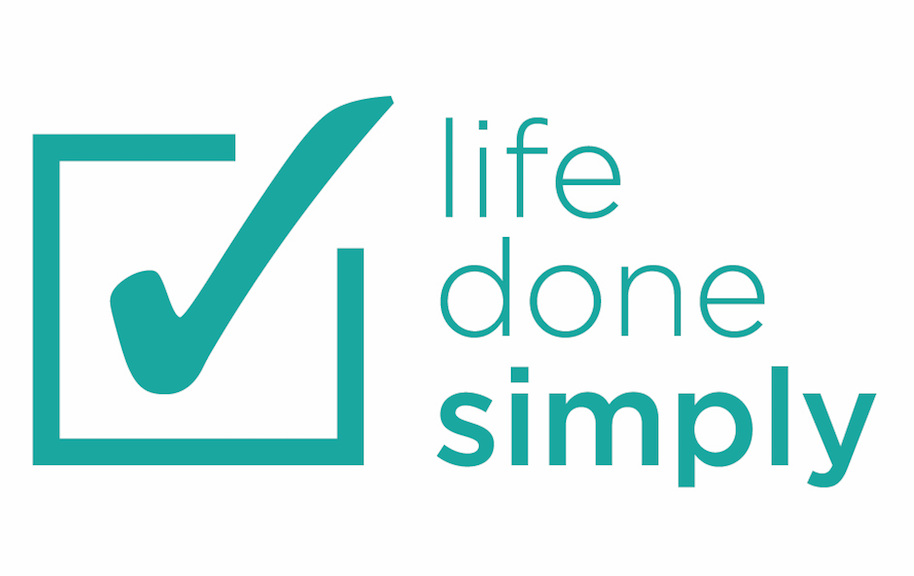Escape the paper tsunami in your home
/The wave of household papers can be unrelenting. It seems like no matter what we do, the paperwork piles up, and eventually, something important gets missed. When that happens, additional fear and anxiety are built up around the wave of papers, creating negative energy which causes us to procrastinate even further, and the vicious tidal wave continues.
You can’t adjust the wind, but you can adjust the sails.
There are small things you can do to minimize the paper overwhelm and get yourself above water. Course correction is as follows:
1. Set a routine. Even if you manage, declutter, and file away all of your paperwork today, there will always be more coming in tomorrow. Instead of pressuring yourself to deal with paperwork every day, set aside two times per week when you can address paperwork. Sunday and Thursday evenings are good times that will ensure you’re on top of items that need to be handled at the beginning of the week or by the end of the week.
2. Go digital. It’s 2020 and everything is available online. Ok, maybe not everything, but pretty darn close. Our utility, phone, mortgage, and vehicle statements are all available online. In some cases, you might actually be getting charged an additional fee if you are still receiving paper statements at home. Start contacting the companies you work with and have them set you up with paperless billing.
3. Simplify your filing system. Are you filing for filing’s sake? Once upon a time there was a need to keep your pay stubs, bills, statements, and receipts for an indefinite amount of time. Now, the companies you work with will do that work for you (see #2). Your home office no longer needs to be a complex system of file folders that require a library science degree to manage. Keep your files current, simple, and actionable! When paperwork is complete, assess if you need to keep it long term, digitize it, and shred the paper.*
4. Talk to your financial advisors. The biggest culprit of unnecessary paperwork is the financial advisor or banker. Every time they move a finger they are legally required to let you know about it. Have a discussion with them about the influx of paper and ask them what is necessary to keep and what can be discarded immediately. They want to keep you up to date on your accounts, but more importantly, they want to keep you happy.
5. Opt out. The Federal Trade Commission has resources that will help you easily opt out of receiving unsolicited mail. While you're there, you might want to register on the Do Not Call Registry as well.
6. Stop should-ing all over yourself. “I should read that.” “I should do that.” How many articles, books, magazines, and newsletters are you keeping around the house, because you “should”? We often think if we keep that stuff around, we will eventually have the time and inspiration to reference it. That is, if we remember we held on to it in the first place. If it were important or inspiring enough you would have done it already. Only keep information that is relevant to where you are presently, and let go of all of the “shoulds”.
*The above tips are designed for residential offices or command centers. Always consult your tax and banking professionals before discarding original financial documents. Businesses should always consult their records retention policies and professional advisors.
Aimee Olson of Life Done Simply is a Productivity and Organizing Coach and is a member of the National Association of Productivity & Organizing Professionals (NAPO).


